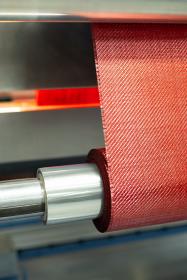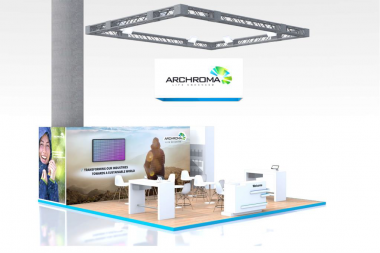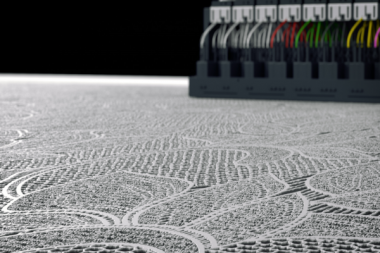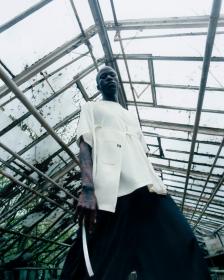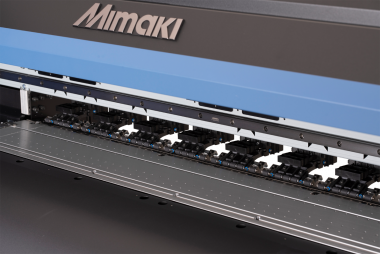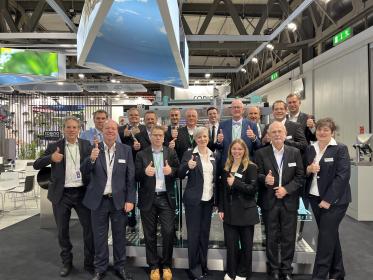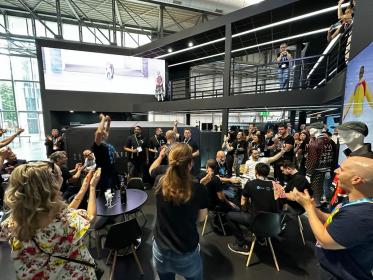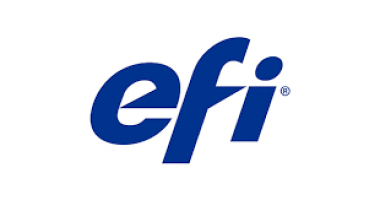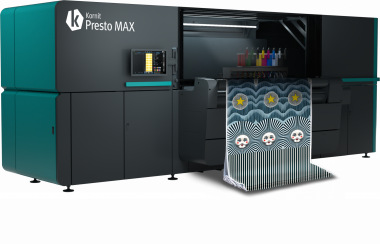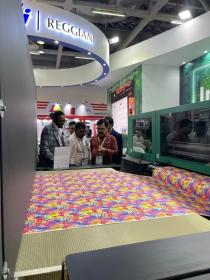First technical coloured flax fibre replacing carbon fibre?
British technology company Hypetex has been awarded a significant grant from Innovate UK to develop the world’s first technical coloured flax fibre, which will have applications in the sustainable manufacturing of cars, boats and other products that are usually made with carbon fibre.
Called FlaxTex the material is strong, lightweight and 100 per cent biodegradable, having a net positive carbon footprint at point of manufacturing. It can be colourised whilst enhancing its performance properties, with the process adding some important manufacturing attributes compared to standard flax fibre.
As such, FlaxTex’s mechanical properties represent the closest sustainable substitute for robust and lightweight materials like glass fibre and carbon fibre in composite structures.
The performance of standard flax fibre is often hindered by its high moisture absorption, resulting in reduced structural integrity when used in composite construction. In addition, the natural brown colour of flax has been deemed unappealing for product use.
Flaxtex solves these issues by removing moisture through the colouring process and sealing the fibres, which waterproofs them and enabling their core mechanical properties. Hypetex’s patented nano-pigment technology changes the colour adding an aesthetic quality to the material.
This colouring process is set to transform industrial design possibilities of Flax natural fibres by enhancing the strength and performance while simultaneously reducing post-processing requirements and total energy usage. This also aligns with Hypetex's commitment to supporting the green transition and helping manufacturers meet government expectations on the path to UK Net Zero targets and the European Green Deal.
Over the course of a 12-month industrial research project, Hypetex will further optimize its resin systems and processes, expanding the use of FlaxTex across various markets.
FlaxTex has a range of industry uses, including on construction, automotive, sports equipment and furniture products.
Hypetex


